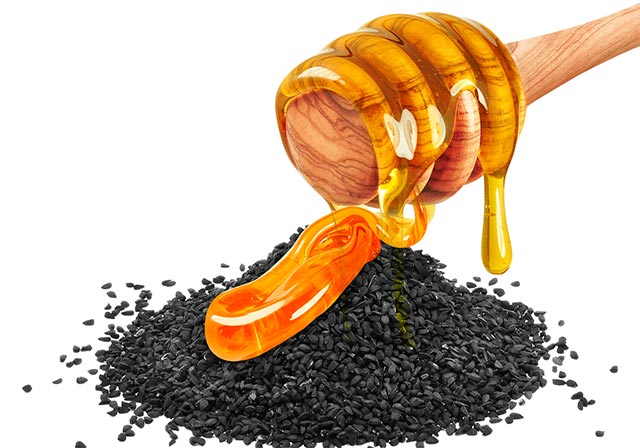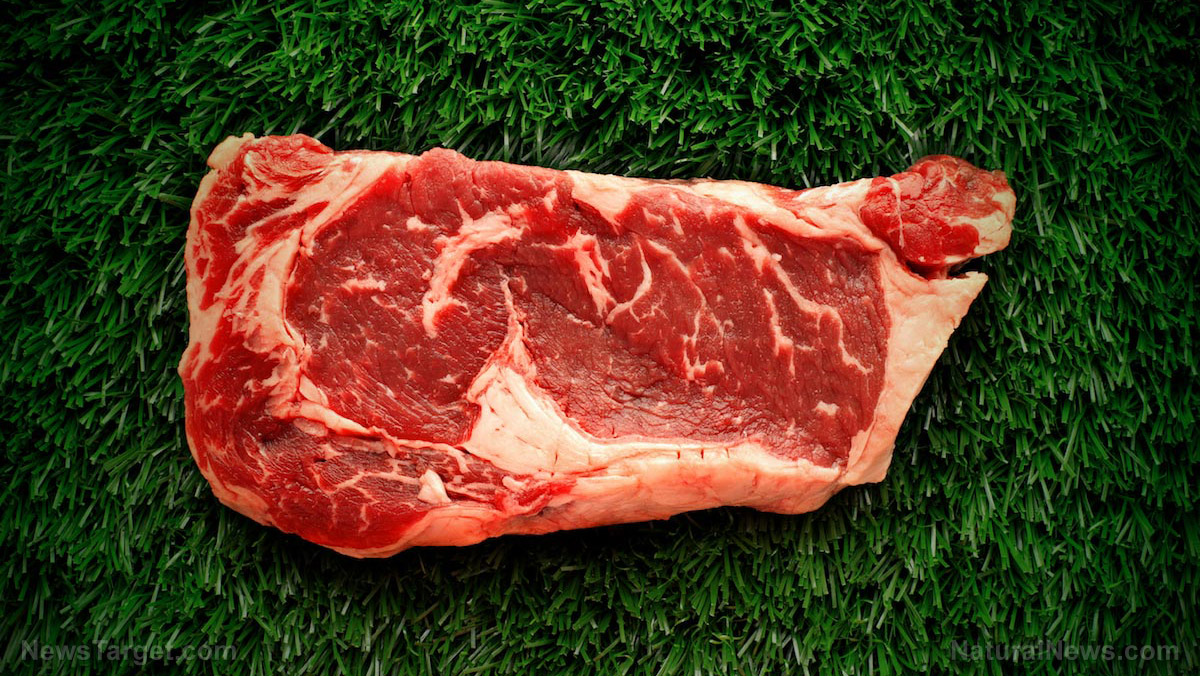Carbo-loading, done right: Why and how you should load up on carbs
02/10/2020 / By Zoey Sky

While carbo-loading is often practiced to improve performance for certain types and durations of exercise, you must make sure you’re carbo-loading the right way and that you need to do it in the first place.
What is carbo-loading?
Carbohydrates from the food you eat provide your body with fuel. When you exercise, your body uses stored carbs to give you energy.
The human body stores carbs as glycogen, which is mostly found in the liver and muscles.
Carb0-loading is a nutritional strategy that increases the glycogen stored in your body to higher-than-normal levels. When you’re carbo-loading, you consume more carbs than you normally eat for several days and decrease exercise. This reduces the amount of carbs your body uses up.
It is recommended to consume 2.3 to 5.5 grams of carbs per pound (five to 12 grams per kg) of body weight per day. For example, if you weigh 154 pounds (70 kg), you should consume about 350 to 840 grams of carbs daily.
Do you need to carbo-load?
You only need to carbo-load to improve performance before certain athletic events or competitions, such as prolonged biking or running. These activities significantly deplete the amount of glycogen in your muscles. If your glycogen levels get too low while biking for a long time or running, you may experience fatigue.
Data shows that carbo-loading helps reduce fatigue and improves performance by two to three percent, but only when exercise lasts for more than 90 minutes.
Keep in mind that carbo-loading isn’t as effective for short-duration exercise or exercise that involves short bursts of activity (e.g., weight training).
What are the best carbs for carbo-loading?
If you’re about to go on a marathon, do your research and consult a trusted expert to ensure that your carbo-loading gets you the best results.
Simple carbs increase your blood sugar. Meanwhile, complex carbs are slowly absorbed into your system, which is why they’re considered “healthier” carbs.
But carbo-loading with healthy carbs may affect your performance. If you’re an endurance athlete, you need simple carbs with little to no fiber to get the most out of your carbo-load. (Related: Understanding the difference between simple and complex carbs is the key to healthy eating habits.)
According to Jaime Schehr, a registered dietitian, the best carb sources for loading are easily digestible ones.
If you’re planning on carbo-loading, you should consume the following foods:
- Applesauce
- Fruit juices
- Fruits like bananas, oranges and watermelon
- Fruit smoothies
- Pasta
- Sweet potatoes
- White rice
Schehr adds that high-fiber carbs may cause gastrointestinal (GI) distress.
Dr. Amy Shah agrees. If you’re carbo-loading before a race, avoid wheat and eat rice instead, especially if you’re participating in an ultramarathon (long race).
When carbo-loading, avoid foods such as:
- Chips
- Cookies
- Crackers
- Muffins
- Pasta with creamy sauces (Alfredo sauce, etc.)
- Pastries
- Pizza
Shah explains that you should eat simple carbs without a lot of extra insoluble fiber the night before a race. Eating carbs with little to no insoluble fiber boosts your glycogen stores and prevents stomach issues in the morning.
When should you carbo-load?
According to health experts, you should consume your carbs at least 24 to 48 hours before your race to give your body time to store them. Schehr also warns against consuming your carbs too close to a race as this can get your stomach full. This may negatively impact your performance.
Don’t just carbo-load willy-nilly. Carbo-loading if you don’t really need to can spell trouble for your fitness and health goals.
Listen to the experts and carbo-load only for endurance races or the like. Don’t do it just for your workout or for activities that will take less than two hours.
And if you do need to carbo-load, stick to simple carbs like sweet potatoes.
Sources include:
Tagged Under: carbo-loading, carbohydrates, carbs, dietary fiber, digestion, endurance athlete, Energy Storage, exercise, fitness, food secrets, Glycogen, grocery, marathons, nutrients, proper diet, simple carbs
RECENT NEWS & ARTICLES
GroceryCures.com is a fact-based public education website published by Grocery Cures Features, LLC.
All content copyright © 2018 by Grocery Cures Features, LLC.
Contact Us with Tips or Corrections
All trademarks, registered trademarks and servicemarks mentioned on this site are the property of their respective owners.



















